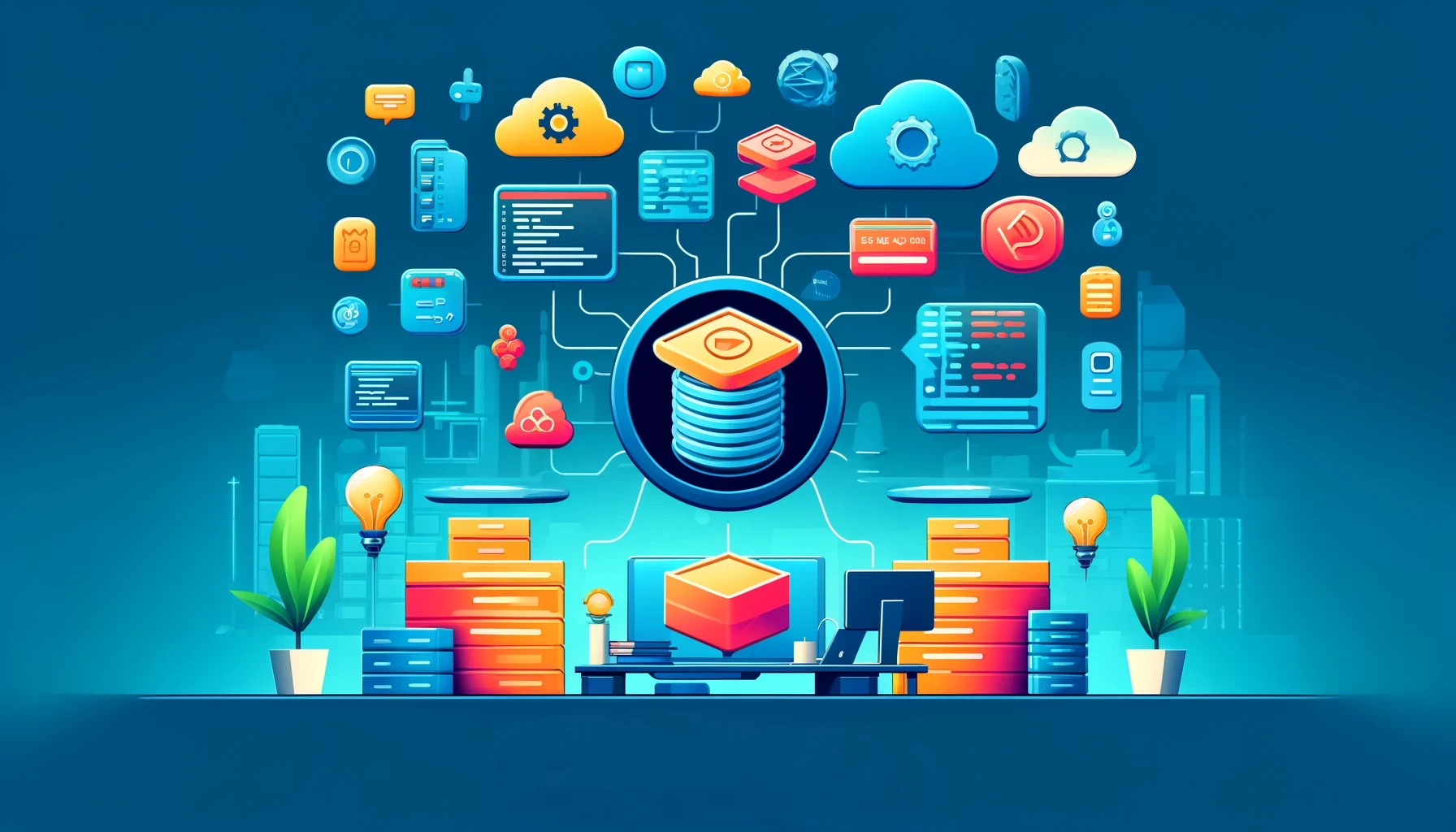PHP Database Management Made Easy with Scriptcase



Join +45,000 developers and feel the power of productivity
Introduction to PHP Database and Low-Code Development
Effective management of the PHP Database would enhance the performance of applications and create a great user experience. It is on this basis that low-code platforms have transformed the way applications are built with emphasis on faster development cycles with low detailed hand-coded programming requirements. In this regard, Scriptcase stands as one of the strongest low-code platforms with seamless integration across different PHP databases, giving any developer the opportunity to easily build robust applications.
Why Use Scriptcase to Develop PHP Applications Connected to Databases?
Choosing Scriptcase for PHP Database projects means selecting a platform that enhances not only productivity, with full-scale database support provided. The low-code environment brought by Scriptcase eases down complex coding requirements, allowing one to work more on project strategies rather than intricated codes. It has a number of tools to automate tasks, create forms, and manage data efficiently, which makes the platform quite apt for handling the PHP Database.
Supported Databases in Scriptcase
Scriptcase is compatible with a wide range of databases, including MySQL, MariaDB, PostgreSQL, SQLite, Interbase, SQL Azure, Amazon Aurora, Firebird, Access, Oracle, MS SQLServer, DB2, Sybase, and Informix. This extensive support ensures that developers can work with their preferred PHP Database systems without compatibility issues. The ability to connect to multiple databases is a boon in low-code platforms, allowing for flexible data management and integration capabilities across diverse IT environments.
Setting Up Your Database in PHP with Scriptcase
Setting up a PHP database in Scriptcase is pretty easy. First, you have to define which database you will be working with—this involves database type, server address, and access credentials. Our tool is integrated with a visual interface that enables table, field, and relationship administration, fully subject to a low-code framework. Fast initial configuration accelerates further modification and maintenance of databases.
Best Practices for PHP Database Management with Scriptcase
Scriptcase has much more to offer in terms of advanced PHP Database management, such as custom reports, real-time charts, and user authentication modules. Low-code traits support extensive customization, and hence, developers can come up with applications tailored to meet specific business needs. Integration with APIs and external services extends the functionality further, placing Scriptcase as the backbone needed for comprehensive business solutions.

Conclusion
Embracing Scriptcase in the case of PHP database management really changes one into fast, efficient, and highly productive development in a low-code environment. With technology changing day in and day out, there is absolutely no denying space for such adaptable platforms as Scriptcase; it pays its worth with any developer looking forward to innovating and excelling in web development projects. Now, you can get started with Scriptcase to feel the power of efficient database management at your fingertips.
Scriptcase: An Introduction to Low-Code Tools for Powerful Web Application Development
Scriptcase is a low-code development environment designed to speed up the process of building web applications. It allows designing, developing, and deploying an application through fast and easy-to-use visual processes, with minimal hand-coding. Scriptcase can be applied with different databases or programming languages, particularly since it provides support to various development needs.
1. Intuitive Interface: Scriptcase offers a drag-and-drop interface that is very friendly to users and empowers developers to create applications without much coding knowledge. Such a visual development environment will speed up the design process and increase productivity..
2. Database Integration: It supports a great variety of databases, such as MySQL, PostgreSQL, SQLite, Oracle, and Microsoft SQL Server, that is, with broad compatibility to integrate with the existing infrastructures of data.
3. Comprehensive Reporting: The platform includes powerful reporting tools that enable users to generate detailed reports, charts, and dashboards. These features are essential for businesses that rely on data-driven decision-making.
4. Security Features: Scriptcase is endowed with robust security options such as user authentication, role-based access control, and data encryption. All these features ensure that developed applications are well-secured and up to industry standards.
5. Responsive Design: It is juiceable to a responsive design in an application developed with Scriptcase, meaning it responds perfectly to different screen sizes and devices. This feature is paramount in providing an application user experience across desktops, tablets, and smartphones.
6. Integration with External APIs: Scriptcase provides the ability to integrate applications with external APIs and web services. It also extends functionality to an application that is connectable with a third-party service
